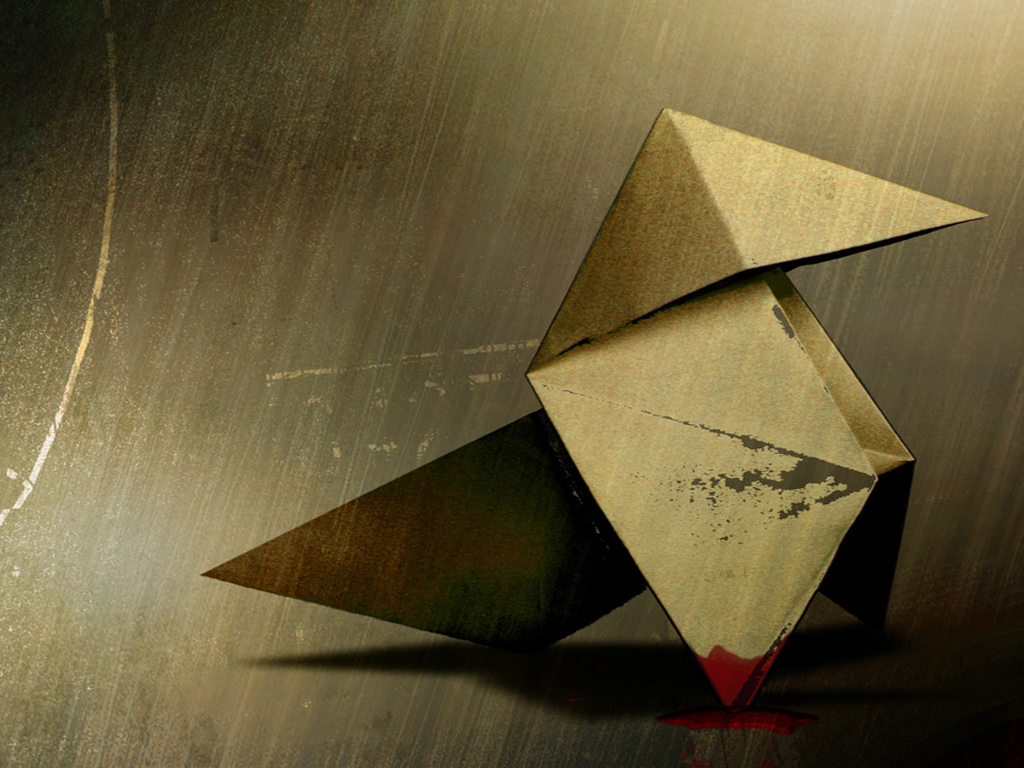It has now been over 9 years since we released Amnesia: The Dark Descent. That is a bloody long time, and feels like we should celebrate that by talking about the craft of horror games.
Thoughts on Heavy Rain
It is very easy to talk bad about Heavy Rain. One can say it is just an interactive movie where you press buttons at certain key moments, in rare cases changing the outcome of the story. One can talk about the hole and cliche filled story and the weakly developed characters*. One can talk about this and other negative aspects of the game and I would fully agree. But if one only focuses on these areas, there is plenty of really interesting aspects that are missed.
Some Industry Reflections
One thing I have been thinking about recently, is the direction in which the indie game scene seems to be heading. This is something that can be seen in upcoming of games, various talks, articles and what is considered the largest recent successes. It is a direction that might have large consequences for the future of the medium.
Thoughts on Dead Space 2
So I just finished Dead Space 2 and wanted to discuss it a bit. Mainly because it is a perfect example of some trends in game design that I find are really harmful. I also find that it has some moments that could have been brilliant if just slightly changed, making it extra interesting to discuss.
Why Trial and Error will Doom Games
A sort unspoken rule in game design is that players should be able to lose. Just about every game has some kind of fundamental mechanic that is possible to fail. Whenever this happens, the player needs to try again and repeat the process until successful. This is thought to add drama, tension and also make the player’s actions count. It seems to be believed that without it games would not be games and instead some kind of boring linear entertainment. I think this position is wrong, extremely hurtful and if not fixed, will become the downfall of the medium. In this post I will explain why.
How Gameplay and Narrative kill Meaning in “Games”
In many of the posts here I have been discussing how having “unfun” gameplay can greatly enhance the experience. I have also ranted about how too much “fun” can completely destroy the intended experience. What I want to discuss now is how a game’s most common ingredients might be detracting from certain kinds of experiences and are in some cases best gotten rid of. These ingredients are Gameplay and Narrative. It is my view that these two features can seriously get in the way when trying to take the interactive medium in new directions.
Puzzles in horror games Part 1: Why are puzzles so suited for horror games?
This post will be the first in a series concentrating on puzzles in games, with special focus on horror games. To start this up I would like to discuss why puzzles are needed at all. Is it really necessary to have puzzles in game when it might detract from story, immersion, etc?
A History of violence. Part 3
In this blog post I will focus an underused combat mechanic: Chase Sequences. This type of “combat” is very common in horror movies, but quite rare in horror games. I will briefly discuss how we used it in Penumbra, problems it causes and how some other games have implemented it.
A History of violence. Part 1
Ever since I started working on horror games (first was a simple 2d game called Fiend) I have been thinking about what kind of combat one wants in a horror game.
The “fun” in horror games?
When discussing gameplay in games, the main focus is mostly on making it “fun”. The meaning of “fun” is usually that it is an enjoyable experience for the player and that boredom and frustration are reduced as much as possible. Normally this is the main priority when working on some part of the game and if it is not “fun” enough, that part will be remade or scrapped. In many horror games things are different though and focus is instead put on invoking emotions other than just “fun”.
